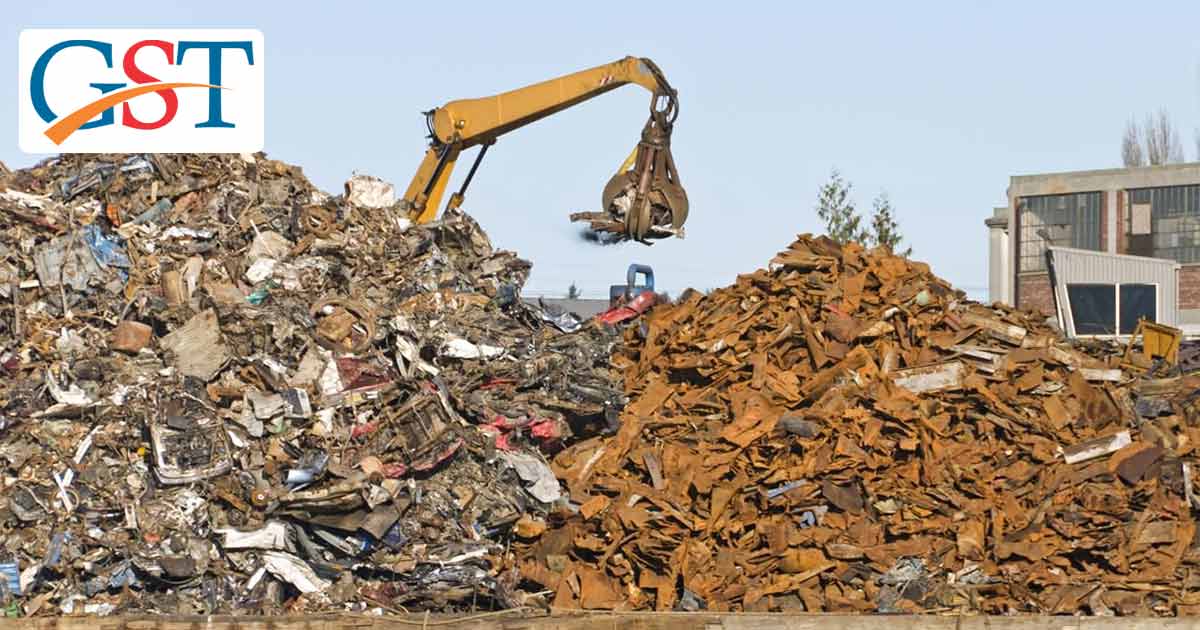The Finance Budget 2018 gave little relief to the high expectations of the secondary metal producers. On Monday a representative group met senior officials in the Ministry of Finance to address grievances. Metal recycling industry members demanded a reduction in the goods and services tax (GST) from the existing 18 percent to 12 percent to prevent small and medium enterprises (SMEs) from possible closure.
During pre-budget weeks, requests were made by all corners of the sector to abolish the existing 2.5 percent import duty on metal scrap. This according to them would bring everyone on the same playing ground. The importers of finished products from FTA (free trade agreement) countries enjoy leverages at “nil” duty. This has resulted in a decline of demand for secondary metals as the importers buy primary products at nil duty from FTA countries. The Budget 2018 failed to eliminate this disadvantage faced by the secondary metal producers.
The 18 percent GST on metal recycling further dents profit margin and wears them out of any possible competitiveness. Rohit Shah, the managing director of Heena Metals further adds “This delay in GST refund has caused closure of at least 25 percent of plants, largely of small and medium size, who could not raise fresh working capital from banks due to a weak balance sheet. The secondary metal producers have lost around 15 percent of production capacity due to this fund blockage”
Read Also: Goods and Services Tax Official Refund Procedure: All You Need to Know
According to estimate, the total accumulated GST refund since July 2017 is around Rs 10 billion (Rs 1,000 crore). The exports of aluminum alloy from ASEAN countries has grown by leaps and bounds since the last two-three years. This has affected the performance of SMEs and MSMEs. The government imposes 2.5 percent duty on imported scrap. The secondary metal manufacturers are totally dependent on raw materials. This renders them with no possibility to survive against the duty-free imported finished products. The sector faces large-scale unemployment in near future.
